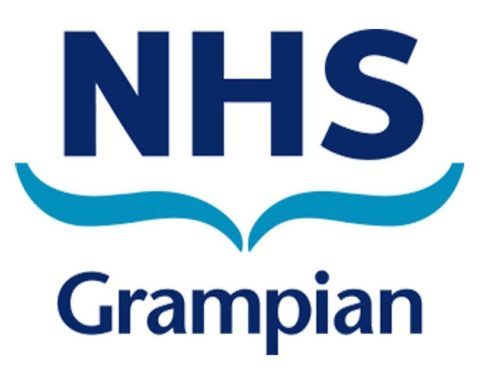A “sense of hopelessness” amidst food poverty and benefit woes could be driving an increase in those seeking help with their mental health.
New figures have revealed a significant increase in the number of people being referred to mental health services in Grampian.
More than 18,000 people were referred for appraisal and treatment during 2018/19 – the highest number since 2014/15.
Health experts believe a decline in the stigma surrounding mental health has encouraged more people to open-up about their struggles.
But Nigel Henderson, chief executive of Penumbra – one of Scotland’s largest mental health charities – is clear that a rise in food poverty and the impact of universal credit are also contributing to the region’s mental health woes.
“Some of the measures around the introduction of universal credit may be part of this,” he said.
“People are finding life more difficult. There is more despair. There is a sense of hopelessness for some people.
“They are going to their doctor and asking ‘what help can I get?’ and therefore they’re being referred-on for specialist treatment.”
In 2018/19, there were 9,382 female mental health referrals and 8,636 male referrals.
The only year that saw a decrease in the number of people being referred to the service was 2017/18, when there were 8,595 female referrals and 7,945 male referrals.
As food bank use in Scotland rises, Mr Henderson said the link between poverty and poor mental health was clear to see.
And he warned that traditional views of those in poverty were outdated.
“It is bound to affect their sense of self-worth, their self-esteem,” he said.
“We sometimes imagine that poverty and food poverty mainly affect unemployed people.
“Yet employment rates in Scotland are fairly good just now. What we are seeing more of is in-work poverty.”
Chief executive of CFine, Dave Simmers, agrees.
“There is a very clear correlation between food poverty and mental health,” he said.
“We know anecdotally that parents, mothers in particular, are going without a meal to feed their children.
“There is also a concept of ‘eat or heat’.
“This impacts on their mental wellbeing big time. Just try to imagine every penny having to be counted. Think of the impact of that on your mental health.”
So far in 2019/20, just under 9,000 people have been referred for treatment to mental health services in Grampian.
Mr Henderson said the high number of referrals could be partially attributed to an environment in which people feel more “empowered” to ask for help.
That is a view shared by NHS Grampian, with a spokeswoman adding: “These figures reflect an increasing willingness to discuss our mental health and to ask for help when we are struggling.
“As a board we are keen to support prevention and early intervention.”
